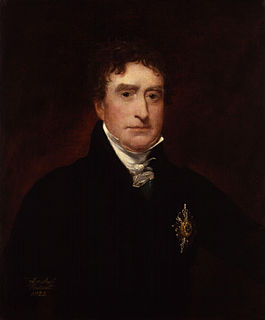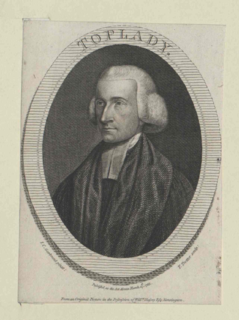A Quote by Charles Spurgeon
No man can put on the robes of Christ’s righteousness till he has taken off his own.
Related Quotes
I think, that a man never passes the verge of moral humility, till self-righteousness be dethroned, till the high and towering imaginations of the man's own righteousness by the law be levelled by the mighty weapons of the gospel, and he brought to submit to the righteousness of God for justification, which is, in the gospel revealed 'from faith to faith.'
This is that mystery which is rich in divine grace unto sinners: wherein by a wonderful exchange, our sins are no longer ours but Christ's; and the righteousness of Christ is not Christ's but ours. He has emptied himself of his righteousness that he might clothe us in it, and fill us with it: and he has taken our evils upon himself that he might deliver us from them.
Trust wholly in Christ; rely altogether on His sufferings; beware of seeking to be justified in any other way than by His righteousness. Faith in our Lord Jesus Christ is sufficient for salvation. There must be atonement made for sin according to the righteousness of God. The person to make this atonement must be God and man.
It is God's earth out of which man is taken. From it he has his body. His body belongs to his essential being. Man's body is not his prison, his shell his exterior, but man himself. Man does not "have" a body; he does not "have" a soul; rather he "is" body and soul. Man in the beginning is really his body. He is one. He is his body, as Christ is completely his body, as the Church is the body of Christ
For that purpose Christ instituted holy baptism, thereby to clothe you with his righteousness. It is tantamount to his saying, My righteousness shall be your righteousness; my innocence, your innocence. Your sins indeed are great, but by baptism I bestow on you my righteousness; I strip death from you and clothe you with my life.
Christians often equate holiness with activism and spiritual disciplines. And while it's true that activism is often the outgrowth of holiness and spiritual disciplines are necessary for the cultivation of holiness, the pattern of piety in the Scripture is more explicitly about our character. We put off sin and put on righteousness. We put to death the deeds of the flesh and put on Christ. To use the older language, we pursue mortification of the old man and the vivification of the new.


































